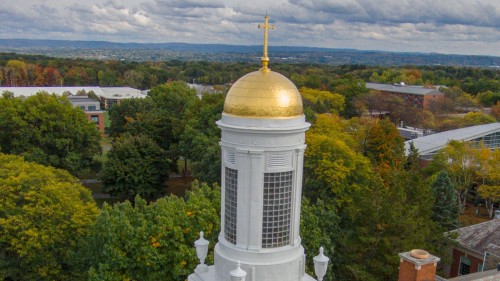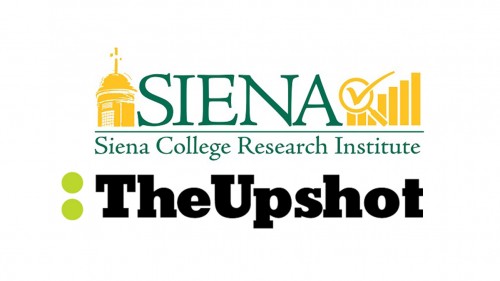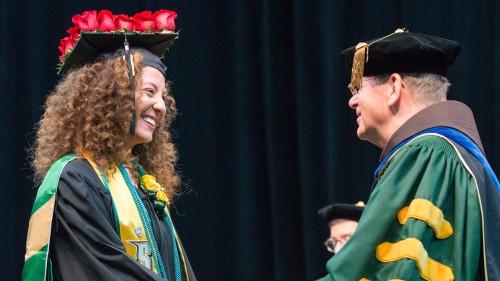
Siena College’s science teacher preparation programs in biology, chemistry and physics have been fully recognized and accredited by the National Council for Accreditation of Teacher Education (NCATE). The program is now accredited without conditions for the next five years and is listed on the NCATE website as a nationally recognized program. The biology, chemistry and physics education programs met all national professional standards for the preparation of science teachers.
After a rigorous review of Siena’s science education programs, the Education Department also was granted full national recognition by the National Science Teachers Association (NSTA). “This is the highest recommendation that a program can achieve,” said Education Department Senior Research Analyst for Assessment and Outcomes and lead author of the assessment report Doreen Dedjoe. This is the first time that Siena’s science education programs have received unconditional recognition from NSTA. It is an honor achieved by only 231 universities and colleges throughout the country since 2005. Siena College is one of three NCATE/NSTA accredited programs in New York’s Capital Region.
“NCATE and NSTA accreditation solidifies our commitment to providing the best undergraduate experience in science teacher preparation and certification,” said School of Science Dean Allan Weatherwax, Ph.D.
The experiences and learning opportunities have improved students’ understanding of challenging subject matter and prepared them to teach that content. “Being involved in a field experience each semester built my role as a facilitator in a classroom of diverse learners,” said Physics Education Major Liza Villanueva ’14. “Each education course continues to shape my method of instruction as I learn more about physics, the education system and most importantly, the students.”
As the need to prepare exemplary science teachers grows, Siena College’s School of Science continues to provide the best pedagogy and experiences for science education majors, preparing them to motivate future students to pursue careers in the sciences. Program reviewers noted that one of the strengths of Siena’s science education programs is that they provide students with performance evaluations based on professional standards.
“Faculty encourage our science education majors to get as much experience with research and teaching as possible,” said Assistant Professor of Physics and Astronomy Michele McColgan, Ph.D. “This makes them better teachers and provides them with a perspective on the types of jobs their future students may pursue in the science and engineering fields.”
The College also provides its students with hands-on teaching opportunities while simultaneously benefitting the local community. During the College’s Science Technology Engineering Math (STEM) Urban Scholars Program, many science and mathematics majors spend Saturdays working with students from the City School District of Albany. “This opportunity provides a window into the world of teaching science through a hands-on, inquiry-based approach,” McColgan said. “While they may not all choose teaching as a profession, it provides math and science majors with an opportunity to consider teaching in the future, either formally or informally.”
Connecting qualified science teachers with students-in-need is a priority that is rooted in Siena College’s Franciscan tradition. Last year, the College was awarded a nearly $1.2 million grant from the National Science Foundation for the Noyce Mathematics and Science Teaching Scholarship Program. Faculty members from Siena’s School of Science and School of Liberal Arts are leading a project designed to recruit, retain and certify 21 high-achieving STEM majors to become teachers in high-need school districts.
By providing students with unique experiences for hands-on, experiential learning, Siena College’s nationally accredited science education programs are developing qualified and passionate teachers who can mentor and motivate the biology, chemistry and physics majors of the future.



